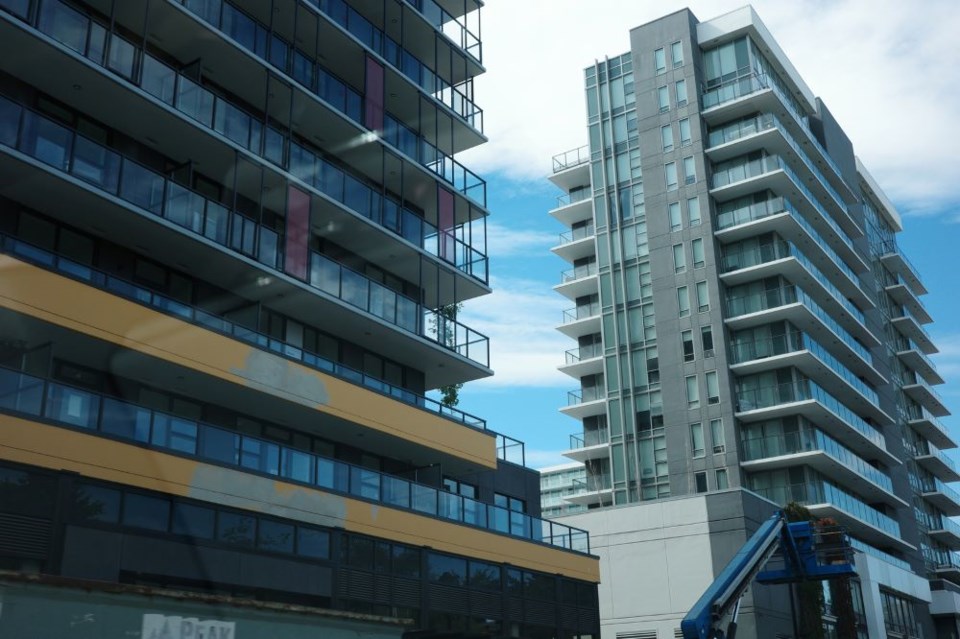A housing support program is hoping to offer personalized help to young adults in Richmond who are struggling with mental health and substance use issues.
"Many (young adults) suffer from not only mental health issues and addictions, but when they're homeless or precariously housed, they really are in need of some tailored services to assist them, to give them a brighter future into their adult life," said Andrew Neale, VCH's occupational therapist for mental health housing services.
The Ministry of Mental Health and Addictions announced Friday a $1.57 million investment over three years to expand Richmond's complex-care housing program for young adults.
The Transitioning Out Program, run by Vancouver Coastal Health (VCH), helps adults with complex care needs find housing and get back on their feet before transitioning to living independently.
It was expanded last year to add 10 new spaces for young adults between 19 and 30 years old due to increasing demand in the city.
Neale explained the pandemic "didn't help" with the age group, and the skyrocketing housing costs and demand as well as the fact that the onset of severe mental illness can start in the mid-20s contributed to the decision to expand the program to young adults.
He added there is "definitely a demand" for further expansion of the program, but there are no plans to do so at the moment.
The latest statistics released by the BC Coroner Services earlier this week revealed that 2023 was the deadliest year in terms of drug poisoning deaths in B.C.
The number of deaths in B.C. increased by 128 from 2022 to 2,511, with 26 Richmond residents having passed away due to suspected drug poisonings and overdoses.
On average, almost seven drug-related deaths are happening every day in B.C.
Tailoring support to individual needs
The program, which reached capacity last October, provides market-housing subsidies and support services, as well as housing and health support with a nurse and four dedicated outreach workers.
Program participants receive a subsidy of $1,020 per month to live in market-rate housing, as well as a starter kit with furniture that they can keep upon exiting the program.
Neale told the News it is important to tailor the support to participants' individual needs, and care and rehab plans can look "quite different."
Those with "very limited life skills" may need help with learning how to do laundry and manage bank accounts, while others may want to look at employment and university education instead.
Each participant can go through the program at their own pace and there is no time limit for completing the program.
In fact, a few have already moved on since joining the program last year and new individuals were able to join the program through VCH referrals.
"Once a client has come to the end of that program, we will transfer them into adult housing if needed, with subsidies attached to that as well," said Neale.
"But the dream is that clients will move completely out of mental health housing just because they don't need it and they don't need a subsidy."
In a research study published by the BC Centre on Substance Use in 2022, young adults expressed a need for alternative forms of support apart from top-down solutions from the medical model of care.
Many recalled negative experiences with institutionalized settings and instead sought safe spaces where their priorities and needs would be heard.
"So by us providing safe and secure housing, with also supports through outreach workers, then we see that as an important step forward as people move in from being young adults to (becoming) a fully-fledged adult," said Neale.
- With files from Maria Rantanen
Got an opinion on this story or any others in Richmond? Send us a letter or email your thoughts or story tips to [email protected].



